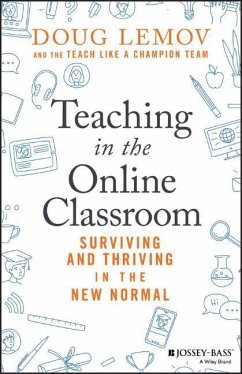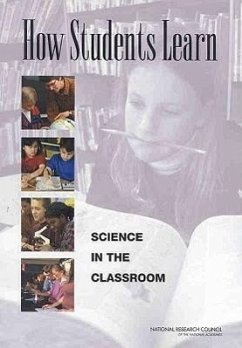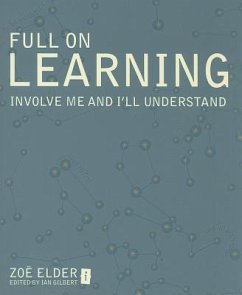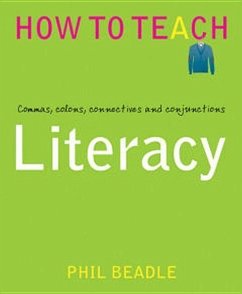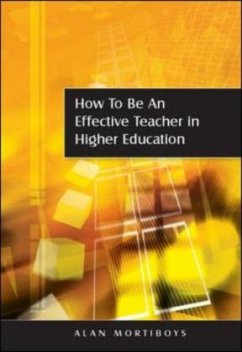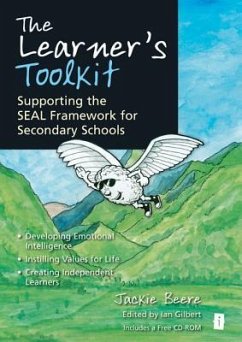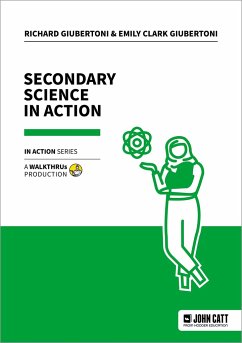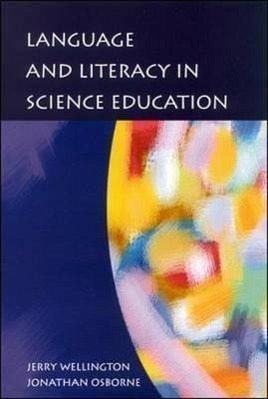
Language and Literacy in Science Education
Versandkostenfrei!
Versandfertig in über 4 Wochen

PAYBACK Punkte
16 °P sammeln!




Explores the main difficulties in the language of science and examines ways to aid students in retaining, understanding, reading, speaking and writing scientific language.
Professor Jerry Wellington taught science in Tower Hamlets, London before moving to the University of Sheffield where he has extensive experience of teaching on PGCE courses, MEd and EdD work, INSET for teachers and mentor training programmes. His most recent publications include Teaching and Learning with Multimedia (Routledge 1997), Practical Work in School Science: which way now? (Routledge, 1998), Teaching and Learning: Secondary Science (Routledge 2000) and Science Dictionary (Questions Publishing 1998). He has also written several science textbooks for schools. Dr Jonathan Osborne is a senior lecturer in science education at King's College London. Prior to that he was an advisory teacher with the ILEA and taught physics in secondary schools for nine years in Inner London. He is a co-editor of several books - the most recent being Good Practice in Science Teaching: What Research Has to Say (Open University Press, 2000) and the report Beyond 2000 Science Education for the Future. He has a wide ranging set of research interests including young children's understanding of science, pupils' attitudes to science and teaching about the history and philosophy of science. He is the author of several articles on alternatives to practical work and regularly runs workshops on this theme and writing in science.
Produktdetails
- Verlag: Open University Press
- Seitenzahl: 162
- Erscheinungstermin: März 2001
- Englisch
- Abmessung: 229mm x 151mm x 17mm
- Gewicht: 296g
- ISBN-13: 9780335205981
- ISBN-10: 0335205984
- Artikelnr.: 22353077
Herstellerkennzeichnung
Libri GmbH
Europaallee 1
36244 Bad Hersfeld
gpsr@libri.de
Für dieses Produkt wurde noch keine Bewertung abgegeben. Wir würden uns sehr freuen, wenn du die erste Bewertung schreibst!
Eine Bewertung schreiben
Eine Bewertung schreiben
Andere Kunden interessierten sich für



